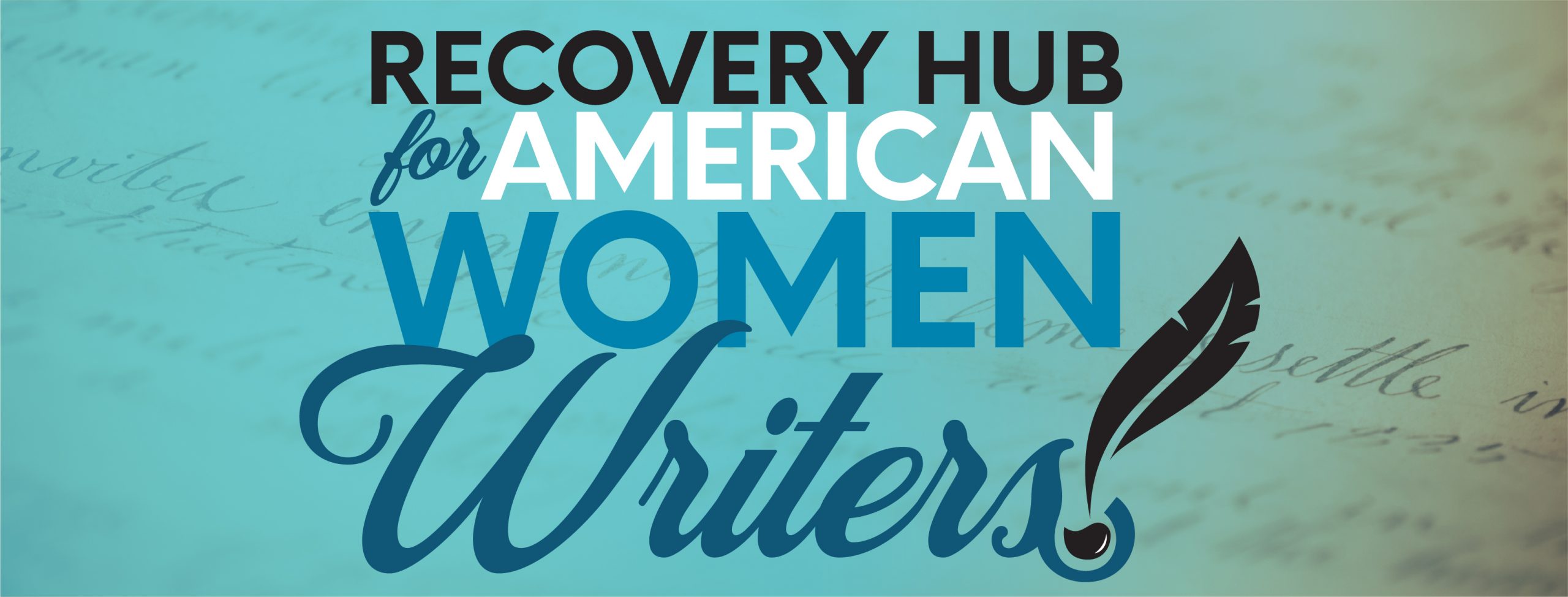Dickinson Electronic Archives 2
Project Leads
Executive Editor and Coordinator: Martha Nell Smith, University of Maryland
General Editor: Marta Werner, Loyola University Chicago
Associate Editors: Jessica Beard, Julie Enszer, and Ellen Louise Hart
Current Project Managers: Jeannette Schollaert and Elizabeth Dinneny
Project Reviewer
Emily J. Rau, University of Nebraska-Lincoln
Project Overview
The Dickinson Electronic Archives 2 (DEA2) is a creative and critical collaboratory for reading Dickinson’s material bodies and for featuring new critical and theoretical work about Emily Dickinson’s writings, biography, reception, and influence. The DEA2 is a scholarly resource showcasing the possibility of interdisciplinary and collaborative research and exploring the potential of the digital environment to reveal new interpretive material, cultural, historical, and theoretical contexts. In doing so, the DEA2 opens a space of knowledge exchange for a networked world of scholars, students, and readers by offering a series of exhibitions on subjects of keen interest to readers of Emily Dickinson.
The DEA2‘s goals are as follows:
- Foster a deepened focus on the material bodies of Dickinson’s writings and offer access to the significant printed representations of these bodies.
- Create a scholarly environment that showcases the possibility of interdisciplinary and collaborative research across genres.
- Explore the potential of the digital environment to reveal new interpretive contexts—material, cultural, historical, theoretical—for Dickinson’s work.
- Open a space for a networked world of scholars, students, and readers to expand our methods of reading her writing practices, the genealogies of her reception, and transmissions of her materials.
The DEA2 is a hybrid forum for publication and other kinds of scholarly communication. The DEA2 integrates features of the manuscript archive and the scholarly journal, and provides an experimental exhibition space, as well as a pedagogical forum. Doing so, we adhere to the following principles:
- Faithful reporting of what is seen on any manuscripts featured throughout the site. This reporting ranges from physical characteristics of the documents to what we know about their circulation and interpretations.
- Openness to a range of critical views, including those that may contradict what’s been reported or that may conflict with one another.
- Concomitantly, commitment to engaging diverse scholarly/critical inquiries in depth.
- Generous civility in expression of critical differences.
- Commitment to using nimble software in order to facilitate human interaction with scholarly materials and critical propositions.
The DEA2 is being produced on a customized Drupal platform with applications enabling high quality representation of the documents for perusal by all readers; dynamic renderings of the documents that allow complex visualizations of potential relations among them while resisting the static order determined by codex formats; and deep and broad searchability.
Project Review
Emily J. Rau
The DEA2 is a relaunch and redesign of the Dickinson Electronic Archives, the first online, open access archive dedicated to Emily Dickinson’s works and materials, and the project directors have made a link available to the original site. With the launch of online archives of Dickinson’s materials by Harvard University and Amherst College, Martha Nell Smith and the project team of the DEA reconceptualized the goals and design of the DEA2 to make it a collaborative and interactive space for discussions of Dickinson’s life and works.
Each year, the DEA2 publishes a volume or exhibition focused on a collection of documents or other materials related to Dickinson, which includes peer-reviewed essays responding to these materials, as well as discussion forums and other opportunities for engagement with readers and users of these volumes and exhibitions. The eight exhibitions currently published take three forms: discovery exhibitions, full-scale exhibitions, and legacy exhibitions that have been brought over from the original DEA. The exhibitions and volumes are created in consultation with the editorial board, which is made up of Dickinson scholars, textual scholars, social and cultural historians, poets, and artists.
The most recent exhibition, “Reading at Home: Emily Dickinson’s Domestic Concerns,” edited by Gabrielle Dean, contains three essays exploring Dickinson’s reading and contextualizing her reading within her particular domestic frameworks. Another recent volume, “Emily Dickinson’s Lyrical Ecologies: Forays into the Field,” edited by Marta Werner and Eliza Richards, features six essays by scholars and researchers from around the world, coming out of two MLA panels sponsored by the Emily Dickinson International Society.
These volumes of essays have a clean, usable design, with the user being able to either page through the essays in order or select from the list on the landing page and in the left margin. The essay collections create a more interactive and interpretive consideration of Dickinson’s manuscripts and other materials, which the project editors curate with pedagogy in mind. While the original DEA has a section dedicated to teaching Dickinson and using digital archives in the classroom, the DEA2 integrates pedagogical considerations into each aspect of the site and each exhibition and volume.
The DEA2 includes an extensive bibliography of materials written by or about Dickinson, divided into categories such as teaching resources, digital resources, and anthologies, for ease of browsing and discovery. The bibliography features the books authored, edited, and co-edited by project director Martha Nell Smith.
It seems like work is still underway to incorporate some of the more experimental ways of creating space for user interactions, responses and discussions. In the project description, the editors acknowledge that the only manifestation of this aspect of the site that is currently launched is the discussion forum, but the forum has not been updated in a couple of years. Users need to create an account in order to contribute to these forums and leave comments, but registration is free. One of the forums includes a link to a recorded conversation available on YouTube between Dan Schneider, Cristianne Miller, and Martha Nell Smith, illustrating the DEA2‘s efforts to include multimedia resources alongside the more traditional archival and scholarly materials.
The DEA and DEA2 have been supported by the Maryland Institute for Technology in the Humanities (MITH), the National Endowment for the Humanities, the University of Virginia’s Institute for Advanced Technology in the Humanities (IATH), and the University of Maryland.

